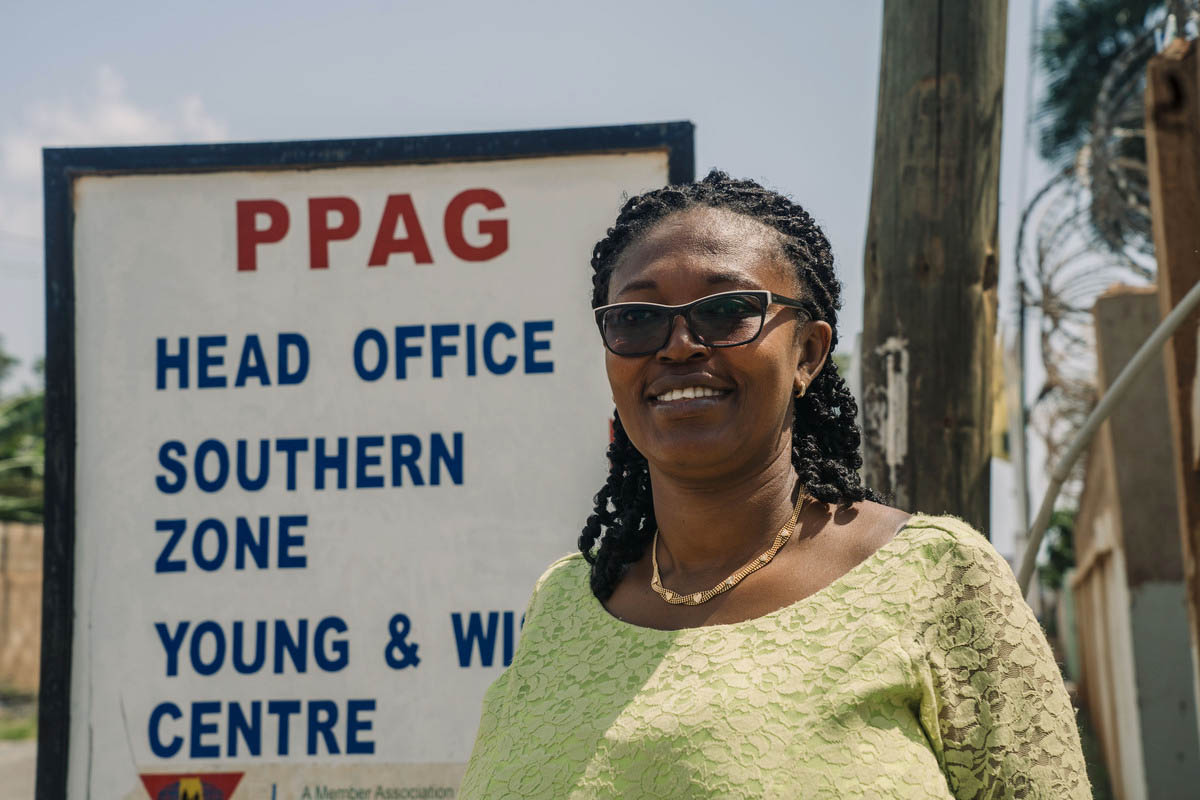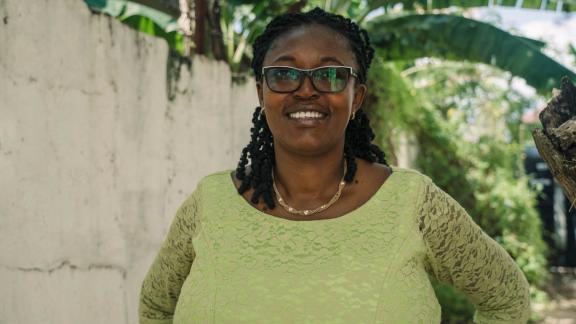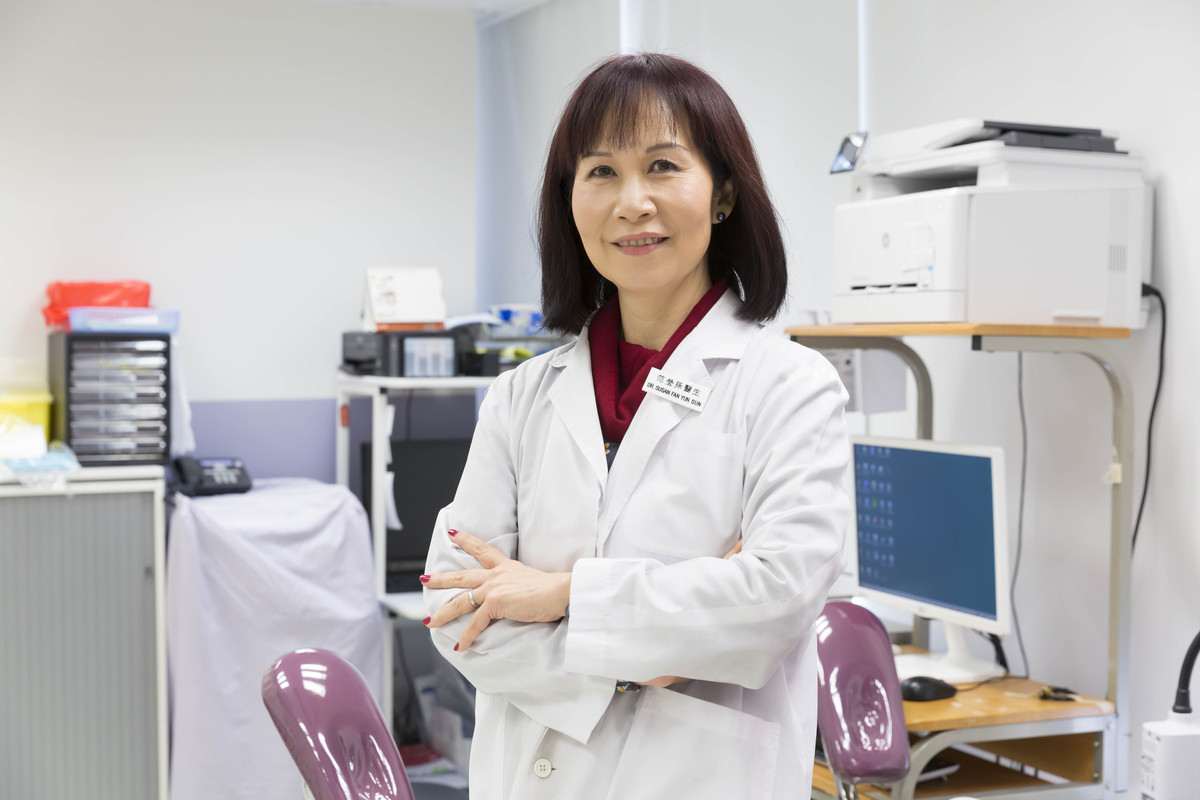Ghana, a West African nation of about 30 million people, has deep-rooted cultural norms, and structural barriers that perpetuate poor sexual and reproductive health practices. Access to sexual and reproductive health education and services are often a contentious issue.
Fighting for the right to bodily autonomy
Ghana's high risks rates of maternal mortality, high numbers of sexually transmitted infections, including HIV, and low levels of contraceptive use drive Abena Amoah, Planned Parenthood Association of Ghana (PPAG) executive director.
She wants girls and women's reproductive choices respected, and that they have autonomy over their bodies.
Amoah says while sexual and reproductive health and rights (SRHR) has been contentious in Ghana, it is needed as often sex education is viewed as a private matter.
"A lot of people still do not subscribe to providing the information openly on sexual and reproductive health, and even the service."

Having access to the right information
Bringing rights into the conversation is vital as there are cultural practices which prohibit women from taking control of their lives - like early child marriage or female genital mutilation, she adds. However, ensuring young people have access to information on sexual health and rights in Ghana in the school system has led to widespread debate and misinformation in 2019.
To date, Ghana's sex education policy at pre- tertiary level has focused on abstinence, but guidelines proposed in 2019 included information on contraception methods.
"It's important that the child gets to know what is available because they will get to know anyway, they will do so through the internet, radio, TV, and all that so it's better to give them the right kind of information," Amoah says.
When she started working as a teacher and then in the NGO space herself, she saw the consequences of young people not having access to SRHR information, including around menstrual hygiene as well as gender-based violence.
Amoah didn't learn about menstruation or SRH until she was in senior high school, and even then, it was through classmates. She remembers menstruating women at her grandfather's home having to stay in a hunt built outside the cottage.
"Women would go there, and they would say they are not clean. I think no one explained to me because they thought I was too young and would not understand."
Becoming more open to talking about SRHR
Amoah also finds a disconnect between girls conditioned to be submissive to men, not to question cultural issues, and to never to be aggressive - but when they reach puberty, girls are then told to say no to men making sexual advances.
"They are put in a very difficult situation where it's difficult for them to act. And then we blame them [girls] when the issues come, so it was the whole social structure that for me didn't work well, and which we needed to talk about."
To overcome these issues, PPAG has a strong focus on involving young people in the process of education and access to SRHR.
"Getting them to understand the issues of sexual reproductive health and rights and, being the one that is leading the process of the change in attitudes and behaviour of their peers is what works. Young people listen to young people."
Ultimately, Amoah wants SRHR, education information and services to become normalized, where people can confidently access PPAG services or information on their health and their rights.
She also wants the secrecy around SRHR to be lifted, "so it's not something that is private, it is something that needed to be spoken about and it's something that everyone must know and be able to control.”
when
country
Ghana
Blog Series
Women in Leadership
Related Member Association
Planned Parenthood Association of Ghana










